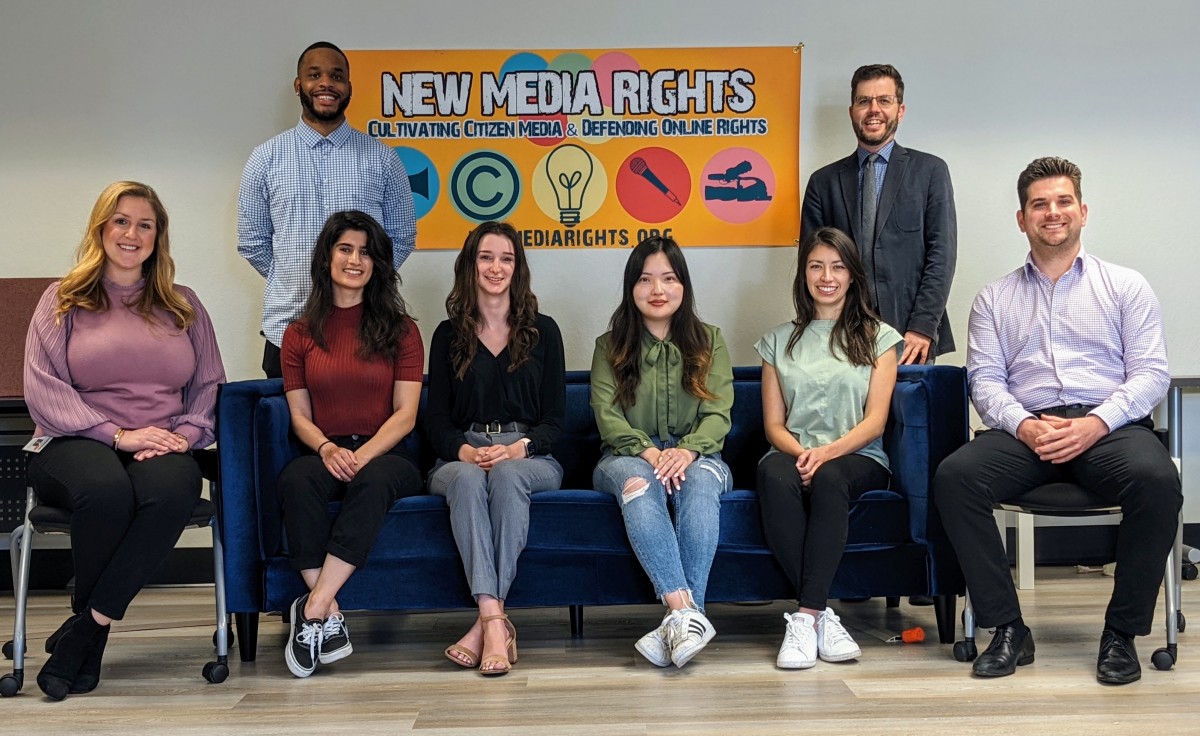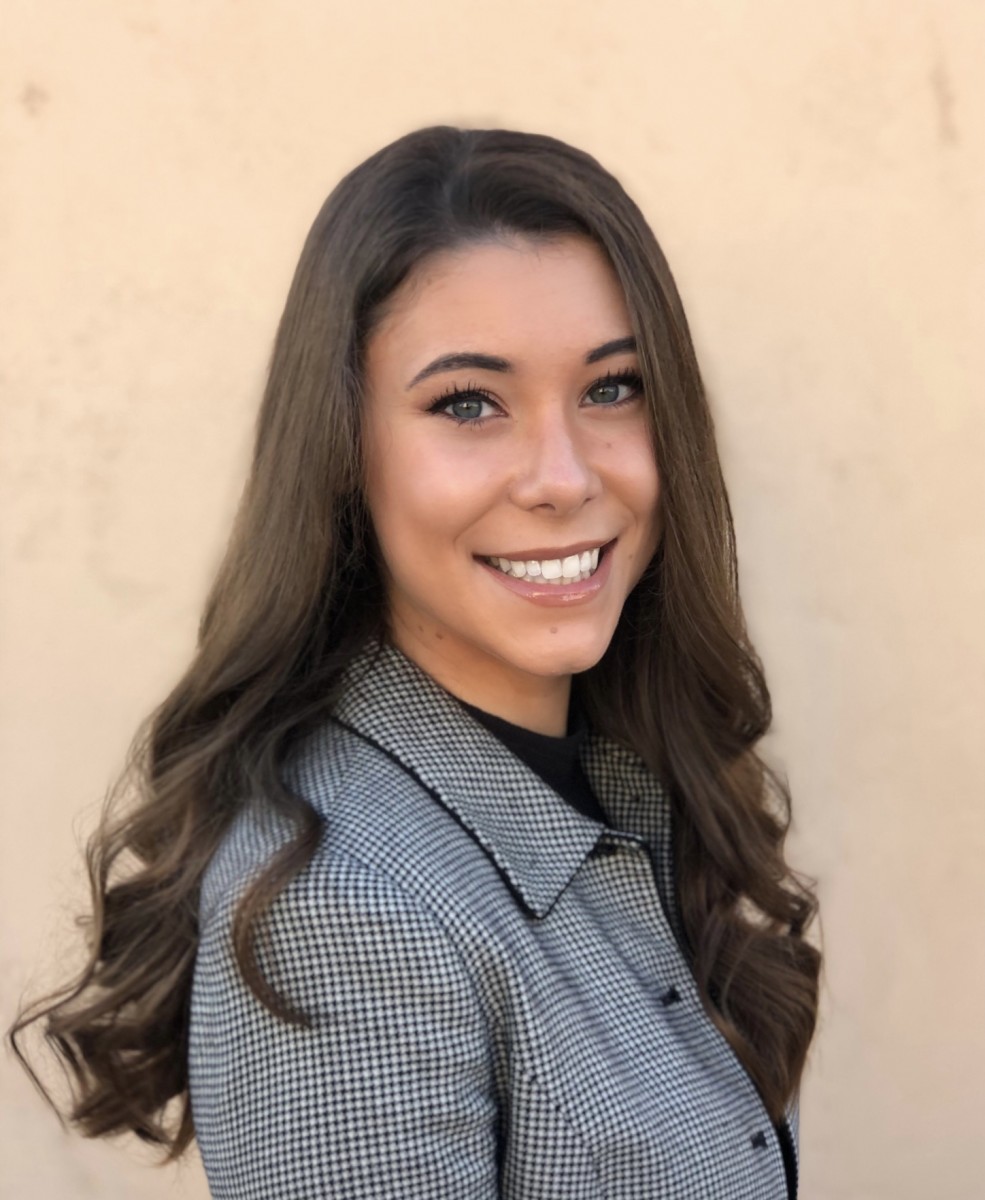
The United States Copyright Office recently published its final rule for implementation of the procedures that are to govern the initial stages of a Copyright Claims Board (CCB) proceeding. The CCB will be a new forum where copyright small claims disputes can be heard.
It will have a significant impact on creators and technology businesses. Disputes previously too costly to bring to federal court can now be brought to the CCB, which allows claims up to $30,000 (no more than $15,000 per work). Many creators will either face disputes brought against them as respondents, or consider using the process as an enforcement mechanism.
The final rule establishes a process for bringing claims at the CCB, and directly cites New Media Rights’ comments, written by California Western School of Law 2L Mariana Perez, Executive Director Art Neill, and Assistant Director Erika Lee, multiple times. Our comments discussed law school clinic participation, concerns regarding how respondents receive adequate awareness of the claims against them, the need to collect data on CCB proceedings and revisit and improve CCB processes, and various grammar and typographical errors in the proposed rules.
New Media Rights also separately participated in a comment on behalf of law school clinics. The law clinicians’ comments raised a number of challenges with relying heavily or solely on law school clinics to provide legal support for clients with CCB matters.
 New Media Rights student fellow, and California Western School of Law 2L Mariana Perez had this to say about the project:
New Media Rights student fellow, and California Western School of Law 2L Mariana Perez had this to say about the project:
“I thought this was a really interesting project and really enjoyed being able to really dive into the inter-workings of the CCB. Being able to write a comment allowed me to be involved in the creation of an entirely new system and watch a significant shift in the way copyright is litigated, which was a very valuable experience!”
Executive Director Art Neill says that “The CCB represents a sea change for copyright disputes. Despite the CCB’s description as a “small claims” venue, with claims up to $30,000 and $5,000 of attorney’s fees at stake, it will be critical for participants to know their rights, including the ability to opt-out, as well their right to raise appropriate defenses. Copyright is a complex area of law, and it remains to be seen whether the CCB can provide a level playing field for parties.”
A couple of key facts about the CCB:
Participation is voluntary - Both claimants (those that file claims with the CCB) and respondents (those against whom a claim is brought) can decide whether or not to participate in CCB proceedings. No one is required to argue a dispute before the CCB; a party with a copyright claim can choose to go to federal court instead, and a respondent can opt out of a CCB proceeding. In addition, if a respondent chooses to opt out, the claimant can still bring a lawsuit against that respondent in federal court.
Types of Claims - Claimants can bring 1) claims of infringement of a copyright; 2) claims seeking declarations that specific activities do not infringe copyright; and 3) claims of “misrepresentation” in notices sent under the Digital Millennium Copyright Act (DMCA).
Dispute Amount - Claims cannot exceed $30,000 at the CCB.
You can find basic details about the CCB here, and a more comprehensive FAQ here.

